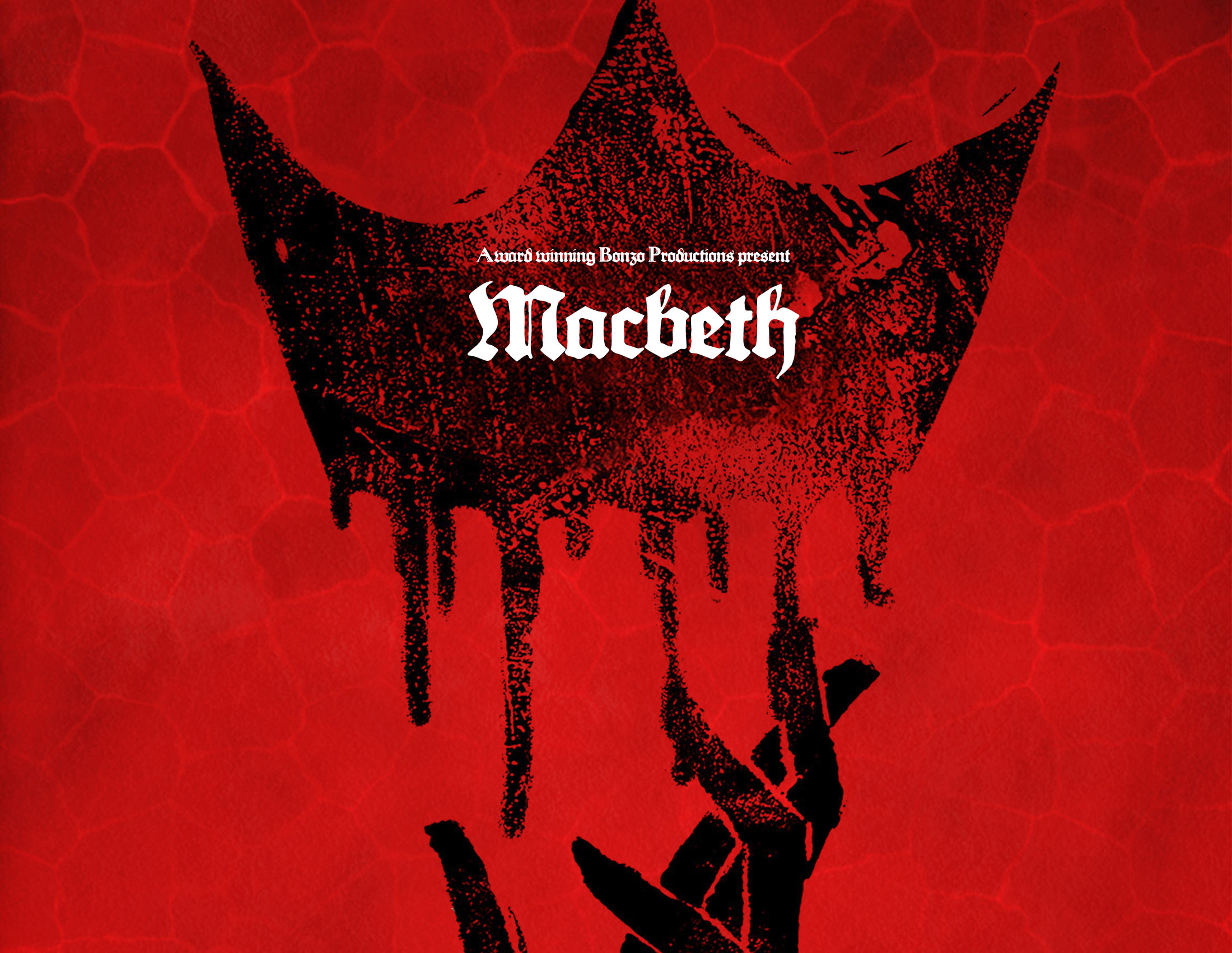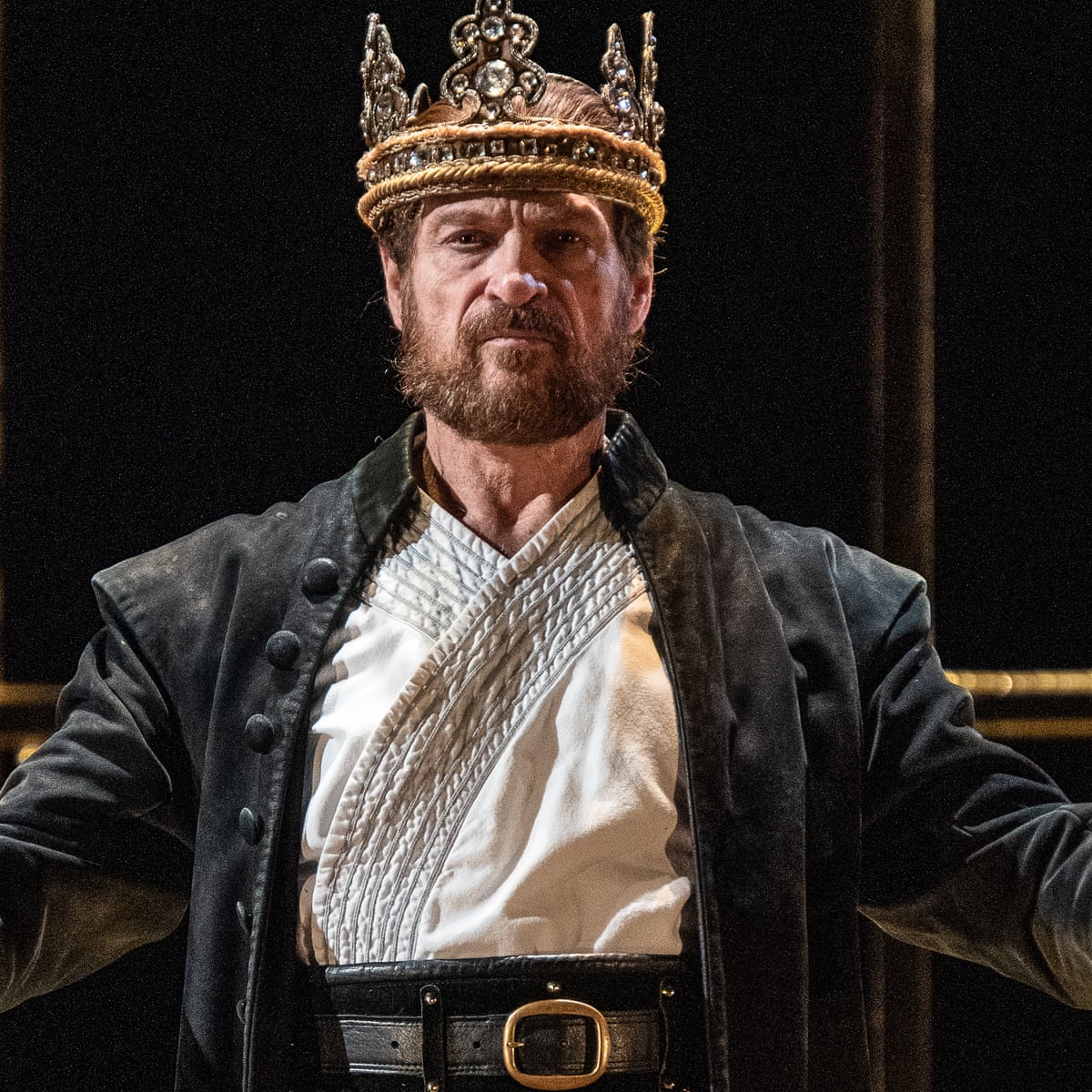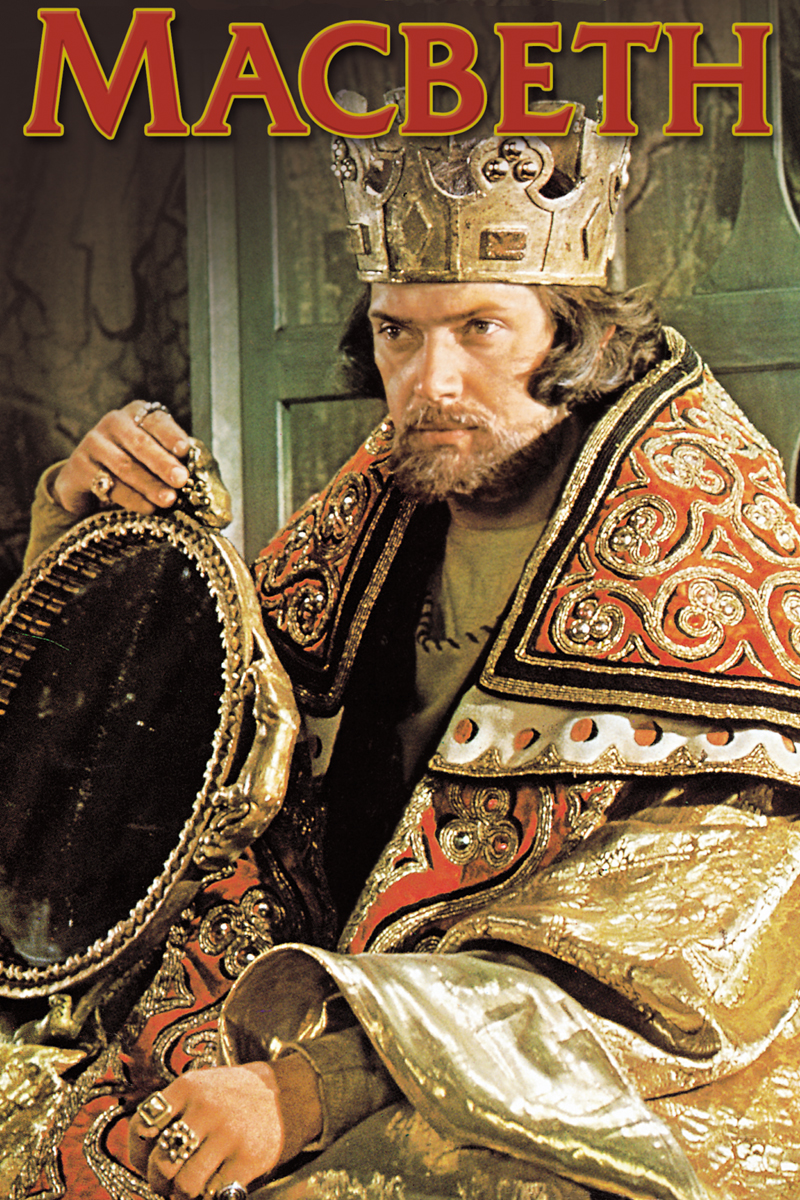William Shakespeare’s tragic masterpiece, “Macbeth,” is replete with poignant dialogues that encapsulate the psychological complexity of its titular characters. Below are ten memorable quotes from Macbeth and Lady Macbeth, illustrating their tumultuous journey through ambition, guilt, and madness.
1. “Out, out brief candle!”

This quote signifies Macbeth’s existential despair as he reflects on the fleeting nature of life. The metaphor of a candle extinguishing evokes the fragility of existence and the inescapable grip of mortality.
2. “Look like th’ innocent flower, but be the serpent under’t.”

Lady Macbeth’s cunning directive reveals her duplicitous nature. The contradiction between appearance and reality is emblematic of her ambition and foreshadows the treachery that ensues.
3. “I am in blood, stepped in so far that should I wade no more.”

Here, Macbeth acknowledges the depth of his moral decline. His acknowledgment of being entrenched in blood conveys the irreversible consequences of his actions.
4. “Come, you spirits that tend on mortal thoughts!”

This invocation reveals Lady Macbeth’s desire for supernatural assistance to fulfill her ambitions. It showcases her willingness to unfurl the veil between humanity and the otherworldly.
5. “Fair is foul, and foul is fair.”

This paradoxical proclamation underscores the thematic chaos in “Macbeth.” It exemplifies the moral inversion and the blurring of ethical boundaries that permeate the play.
6. “What’s done is done.”

Spoken by Lady Macbeth, this lament encapsulates the essence of her struggle with guilt. It conveys both resignation and the weight of their crimes, encapsulating their tragic fate.
7. “Is this a dagger which I see before me?”

Macbeth’s hallucination of a dagger symbolizes his inner turmoil and anticipation of murder. This vivid imagery marks the pivotal moment of his descent into darkness.
8. “Unsex me here.”

In this haunting plea, Lady Macbeth seeks to cast away her femininity to acquire the ruthlessness needed for their nefarious ambitions. It reveals the societal constraints on women and the lengths she will go to.
9. “The raven himself is hoarse that croaks the fatal entrance of Duncan.”

This foreboding imagery encapsulates the dark omen surrounding Duncan’s arrival. The raven, a creature often associated with death, serves as an ill harbinger of doom.
10. “All our yesterdays have lighted fools the way to dusty death.”

Macbeth’s reflection on the futility of life captures a profound sense of despair. He acknowledges that past actions lead only to demise, emphasizing the tragic arc of his character.




